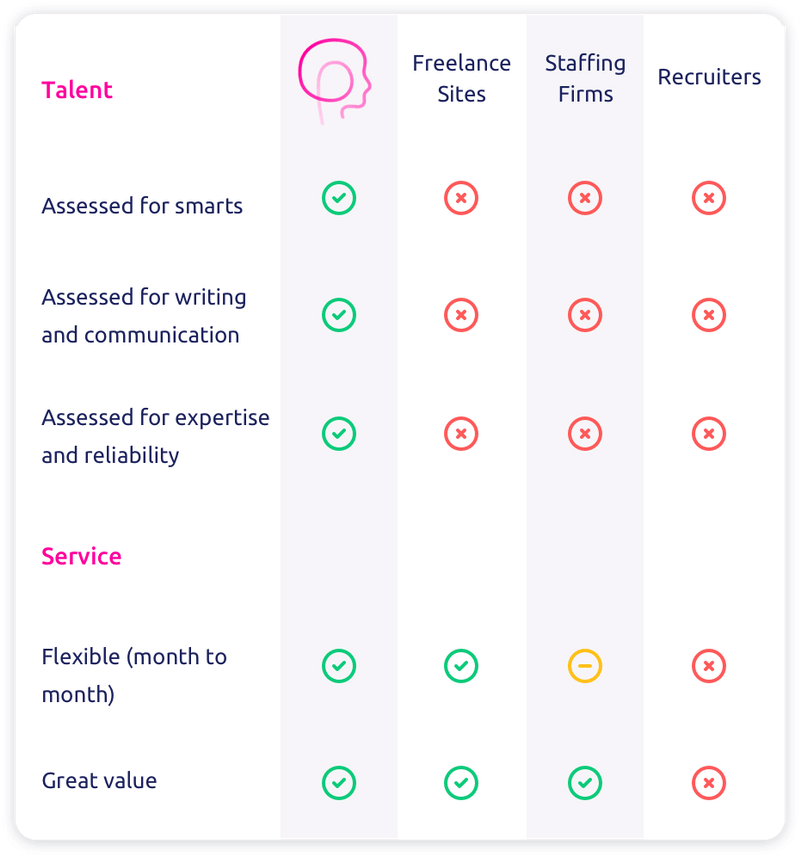What is a Labor Union?
A labor union, also known as a trade union, is an organization of workers who come together to protect and promote their common interests. These interests typically include better working conditions, higher wages, job security, and benefits such as health insurance and retirement plans. Labor unions negotiate with employers on behalf of their members to secure these benefits and protect their rights in the workplace.
Labor unions can be found in a variety of industries, including manufacturing, construction, healthcare, education, and transportation. They can be organized at the local, national, or international level, and may be affiliated with larger umbrella organizations such as the AFL-CIO or the International Trade Union Confederation.
One of the key tools that labor unions use to achieve their goals is collective bargaining. This is the process of negotiating a contract between the union and the employer that outlines the terms and conditions of employment for union members. Collective bargaining can cover a wide range of issues, including wages, benefits, working hours, job security, and safety in the workplace.
Overall, labor unions play an important role in protecting the rights and interests of workers in many industries. They provide a collective voice for workers, and help to ensure that they are treated fairly and compensated appropriately for their labor.
Why do workers form labor unions?
Workers form labor unions to collectively bargain with their employers for better wages, benefits, and working conditions. By joining together, workers have more bargaining power than they would individually and can negotiate for better terms of employment.
What are the benefits of joining a labor union?
Joining a labor union can provide workers with a variety of benefits, including higher wages, better benefits, improved working conditions, and job security. Unions can also provide support and advocacy for workers who face discrimination or harassment in the workplace.
Dos and Donts of Labor Unions
Dos
- Join a union if you feel that it will benefit you and your workplace.
- Get involved in your union by attending meetings and volunteering for committees.
- Support your union leadership and work with them to make positive changes.
- Use collective bargaining to negotiate better wages, benefits, and working conditions.
- Stay informed about your union’s activities and keep up-to-date on labor laws and regulations.
Donts
- Don’t violate your union’s rules or engage in behavior that could harm the union’s reputation.
- Don’t engage in illegal activities or violence during strikes or other labor actions.
- Don’t neglect your responsibilities as a union member, such as paying dues and participating in union activities.
- Don’t let personal or political differences interfere with your support of the union.
- Don’t be afraid to voice your concerns or disagreements with union leadership, but do so in a respectful and constructive manner.

